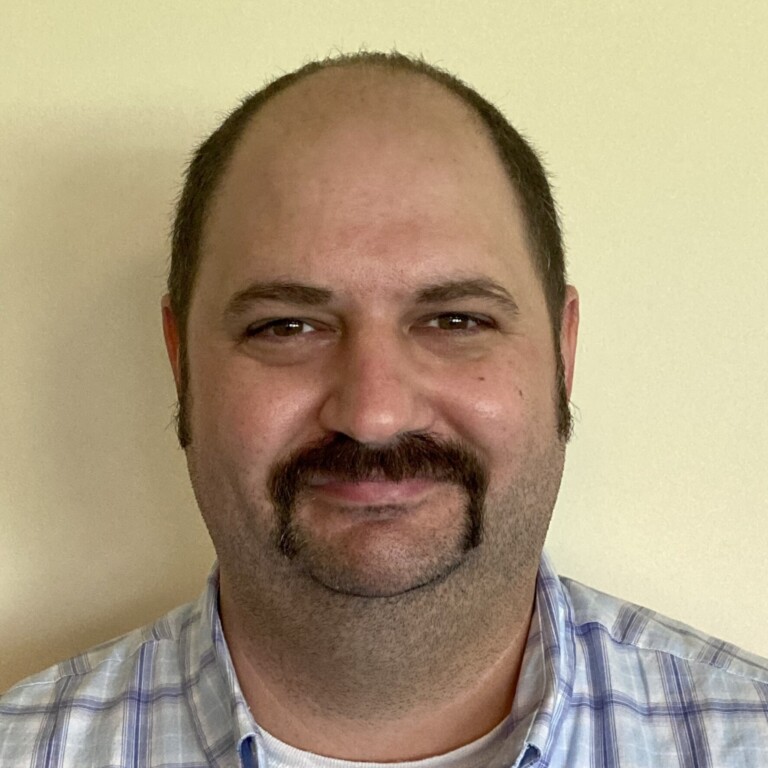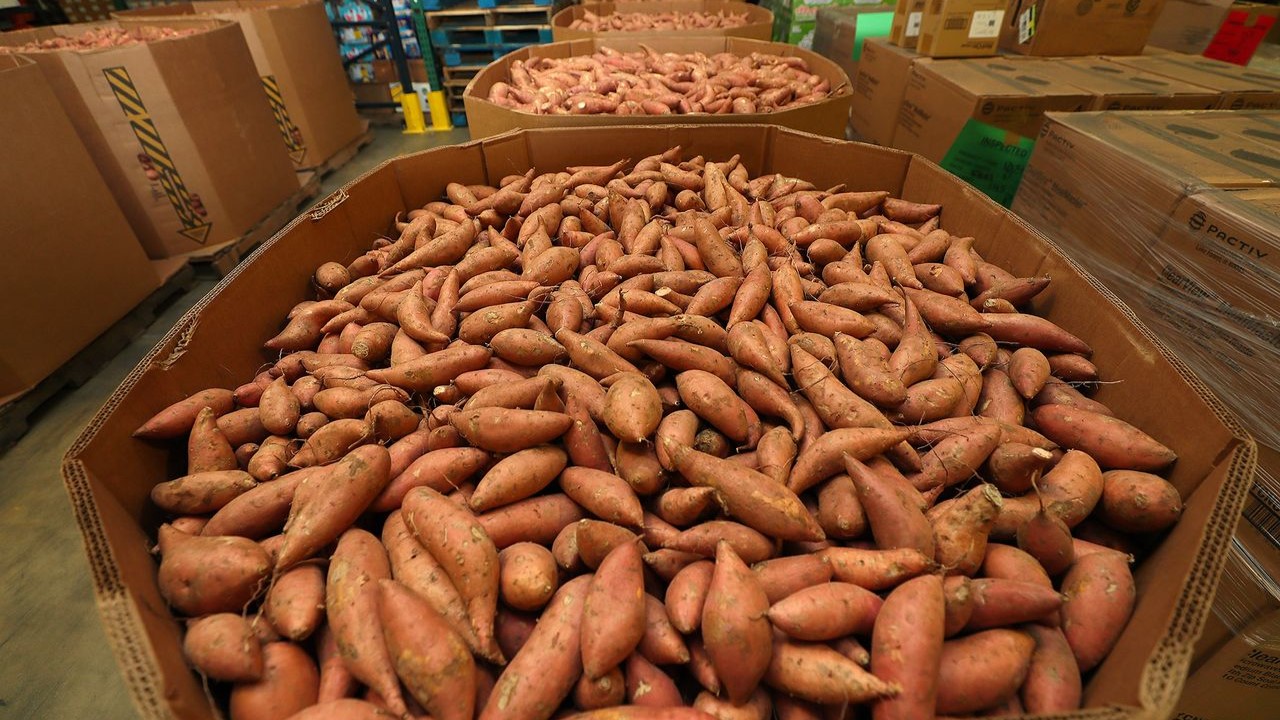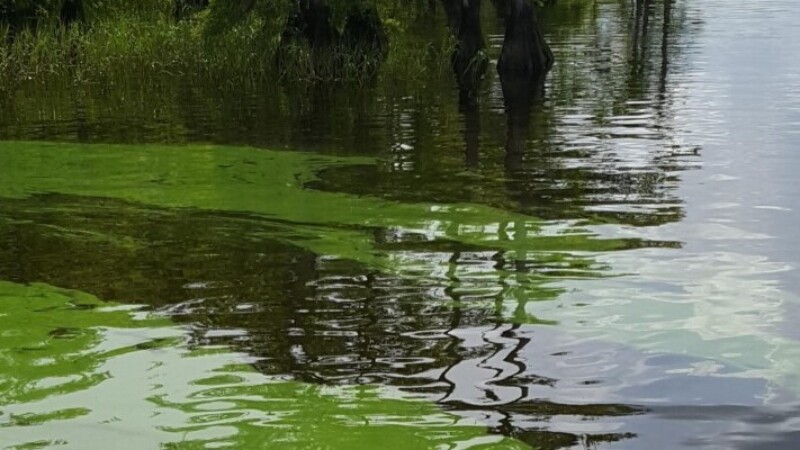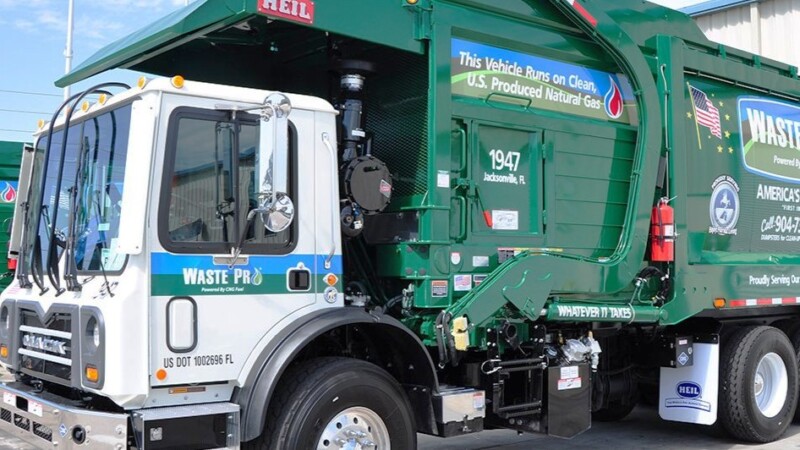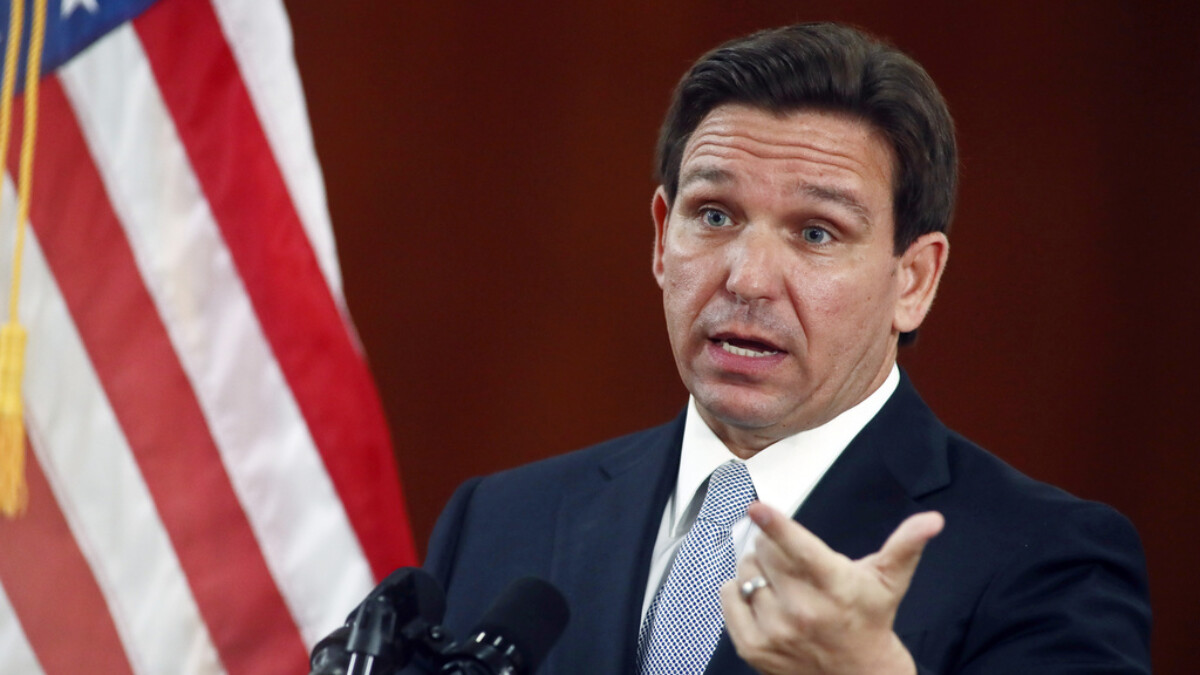The demand to feed food-insecure individuals around Northeast Florida is higher now than it was during the height of the COVID-19 pandemic.
During a tour Wednesday of a new facility under renovations in Northwest Jacksonville, officials with Feeding Northeast Florida answered questions about the state of food insecurity in the area.
Feeding Northeast Florida is the largest food bank serving Northeast Florida and works with retailers, manufacturers and farms to gather food for those in need.
Sarah Hall, vice president of strategic initiatives, said that before the COVID-19 pandemic, the organization was sending out about 17 million pounds of food a year. During the height of the pandemic, that number rose to about 30 million pounds, but the amount jumped to 35 million pounds last year.
That comes out to about a 17% increase in demand since the height of the pandemic and a 106% increase from pre-pandemic levels.
The U.S. Department of Agriculture defines food insecurity as a limited or uncertain availability of nutritionally adequate and safe foods or the uncertain ability to acquire acceptable foods in socially acceptable ways.
Hall said some families have never recovered from the pandemic.
“Their food is running out on Wednesday and they don’t get paid until Friday, and so they got these couple of days and they truly don’t know how they’re going to feed themselves,” she said. “So they’re able to come to food pantries and soup kitchens and their kids can go to after-school programs that get food from us that can fill those gaps.”
Feeding Northeast Florida serves Duval, St. Johns, Clay, Nassau, Baker, Putnam, Flagler, Bradford, Union, Alachua, Gilchrist and Levy counties. Within that area, one in 10 adults is considered food insecure and one in seven children is.
Susan King, CEO of the organization, said most of the food-insecure individuals they serve are working families.
“I wish I could say it was better,” King said. “I constantly think, maybe around the bend is an improvement, but the issues that families have faced with increasing prices and even the wages have gone up, it’s not enough.”
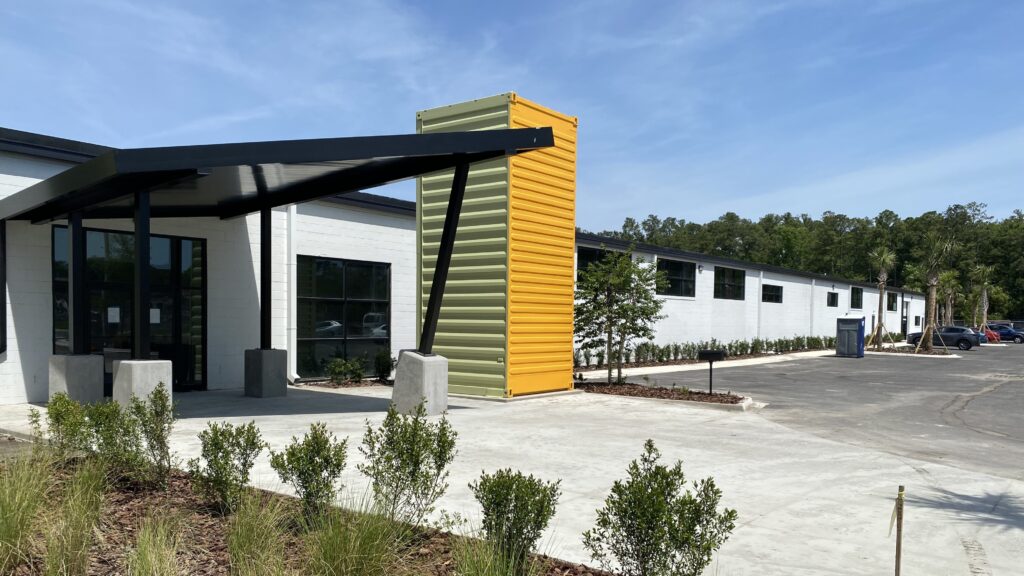
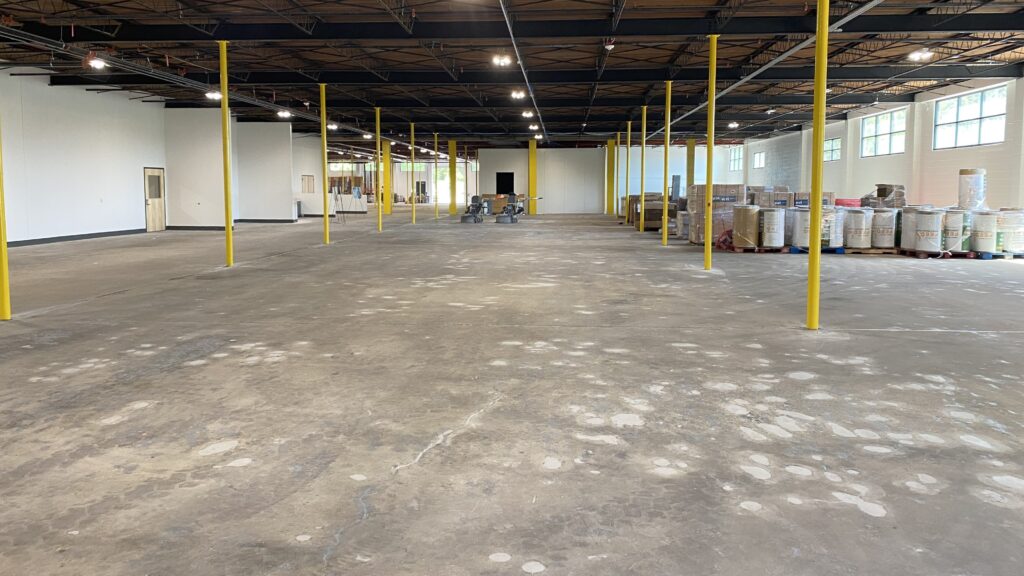
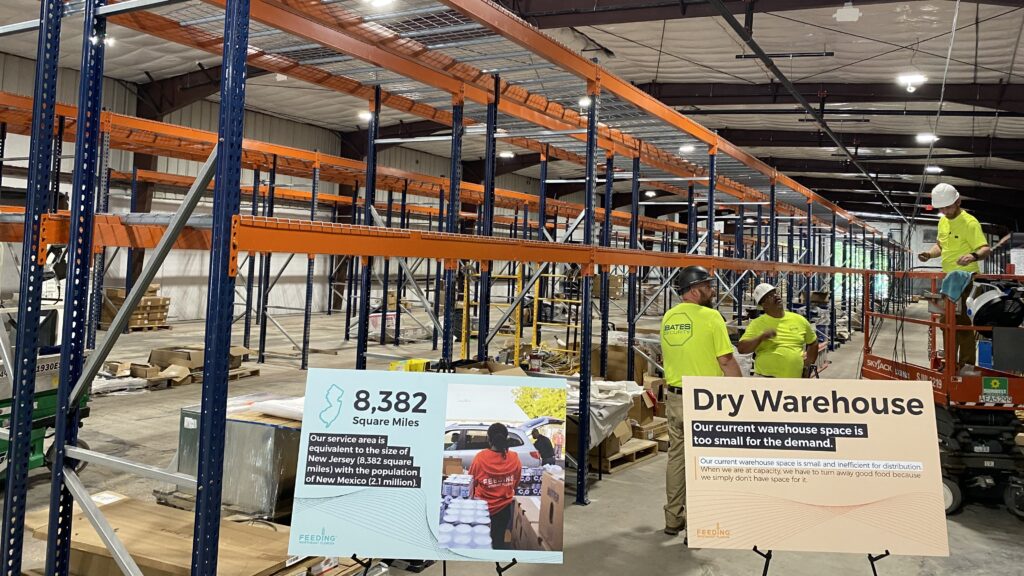
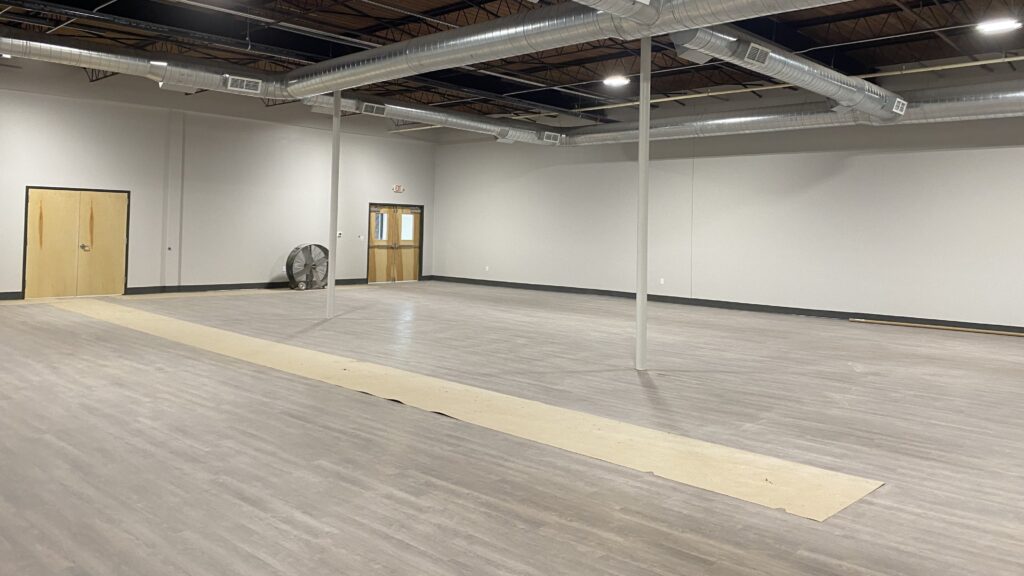
King hopes the new facility on Old Kings Road in the Biltmore community in Northwest Jacksonville will help serve the community better.
The new 110,000-square-foot facility will be a major upgrade from the facilities the organization is currently using, she said.
“Lots and lots of opportunities in this building that didn’t exist before, but all of which are about engaging, for this to be the community’s food bank,” King said.
Included in the new facility will be more warehouse space, storage space for dry and cold foods, a larger space for volunteers to work, a kitchen that can prepare meals and host workforce development classes, an educational center where families and students can learn more about food, an event space, office space and a community garden.
King said the facility will also have an emergency generator in place that will help keep food fresh if the power goes out.
“We really do not see that there is a limit on what we can move. The limitations come from the food that’s available,” King said.
King said the renovated facility costs about $23 million and could open as soon as mid-May.
If you are interested in volunteering or need help getting food, you can contact Feeding Northeast Florida by going to FeedingNEFL.org.
